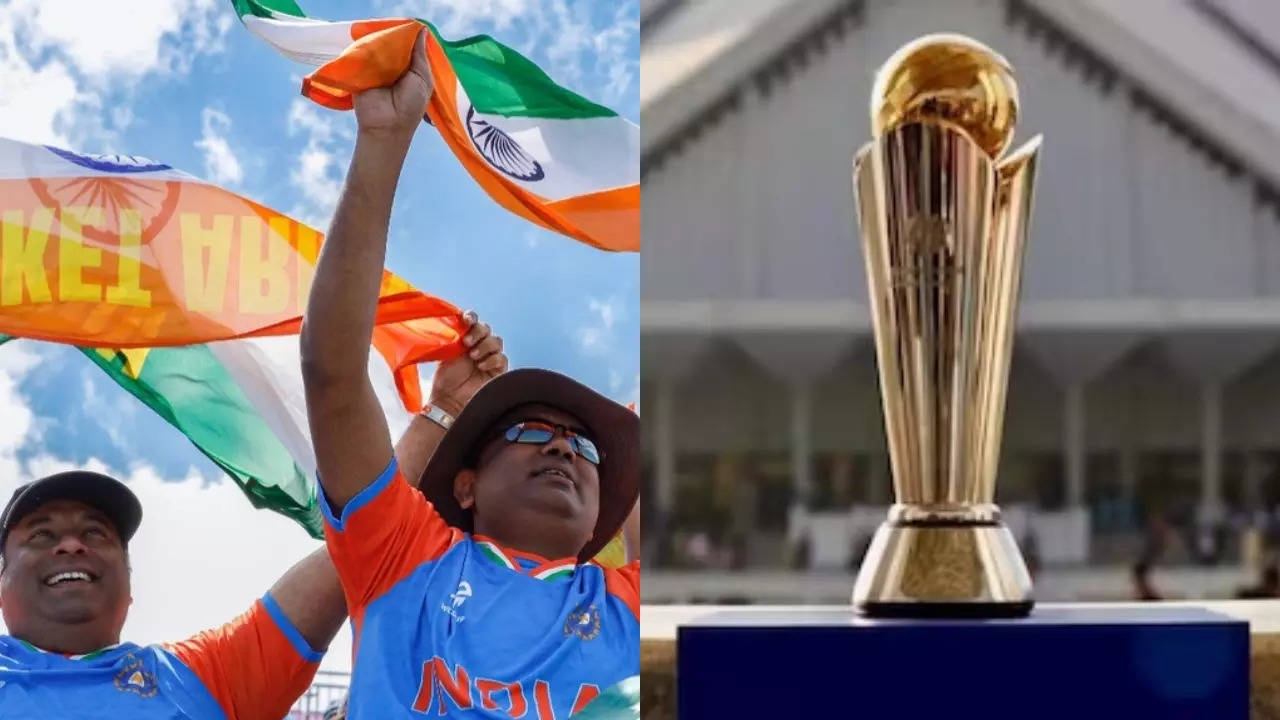 |
|
The upcoming ICC Champions Trophy is facing an unprecedented crisis due to the escalating conflict between the Board of Control for Cricket in India (BCCI) and the Pakistan Cricket Board (PCB). The BCCI's refusal to send the Indian cricket team to Pakistan for the tournament has thrown the entire event into jeopardy, less than 100 days before its scheduled commencement. This refusal stems from security concerns and the Indian government's stance on playing in Pakistan, creating a seemingly insurmountable obstacle to the tournament's smooth execution. The BCCI's proposed solution – a hybrid model similar to the Asia Cup 2022, which would see some matches played in a neutral venue – has been firmly rejected by the PCB, which insists on hosting the entire tournament within Pakistan. This steadfast position from the PCB, led by chairman Mohsin Naqvi, underscores the high stakes involved and the significant financial implications for all parties concerned.
The core of the problem lies in the immense popularity and revenue-generating potential of India-Pakistan matches. These clashes are considered marquee events, attracting a massive global audience and generating significant broadcasting and sponsorship revenue. Broadcasters and commercial partners have made it unequivocally clear to the ICC that they will not support a Champions Trophy without the highly anticipated India-Pakistan showdown. The threat of legal action from these stakeholders adds immense pressure on the ICC to find a resolution that includes this crucial fixture. The financial ramifications of an India-less tournament are staggering, with potential losses for the ICC, participating boards, and commercial partners alike. This looming financial disaster is forcing the ICC to contemplate some difficult choices, with time rapidly running out to find a viable solution.
The ICC is currently faced with a complex dilemma, with several potential but equally problematic outcomes. The first, and arguably most damaging, option would be to replace India with another team and proceed with the tournament in Pakistan. This move, however, is widely considered suicidal, as a Champions Trophy without India would drastically reduce its appeal and commercial value, leading to significant financial losses for all stakeholders. A second option is for the ICC to approve the hybrid model proposed by the BCCI, which would likely involve moving some matches from Pakistan to a neutral venue. However, this option faces stiff resistance from the PCB, which has made it clear it might boycott the tournament if forced to compromise on its hosting rights. The PCB has also threatened to retaliate by boycotting future ICC events involving India if they perceive the ICC to be biased in its decision-making. A third, equally difficult option, would be to move the entire tournament out of Pakistan, a decision that would almost certainly result in the PCB withdrawing from the event.
The situation highlights the significant political and economic factors that influence international sporting events. The BCCI, being one of the most powerful cricket boards globally, holds immense leverage in these negotiations. The Indian government's position adds another layer of complexity, making it incredibly difficult to find a compromise that satisfies all parties involved. The PCB, while facing considerable pressure from stakeholders to accept a hybrid model, has so far remained firm in its position. However, the mounting pressure, coupled with the potential for significant financial losses, may force the PCB to reconsider its strategy. The coming days and weeks will be crucial in determining the fate of the Champions Trophy, and the outcome will significantly impact the future of international cricket.
Ultimately, the solution requires a delicate balance of diplomacy, financial considerations, and sporting integrity. The ICC needs to navigate this complex scenario carefully, taking into account the concerns and interests of all parties involved. A failure to reach a mutually acceptable resolution could have long-term consequences for the organization and the future of the Champions Trophy. The current impasse serves as a stark reminder of the challenges and potential disruptions that can arise when geopolitical tensions and commercial interests collide in the world of international sport. The focus now shifts to the ICC's ability to broker a compromise, or else face the prospect of a significantly diminished, and perhaps financially ruined, tournament.
